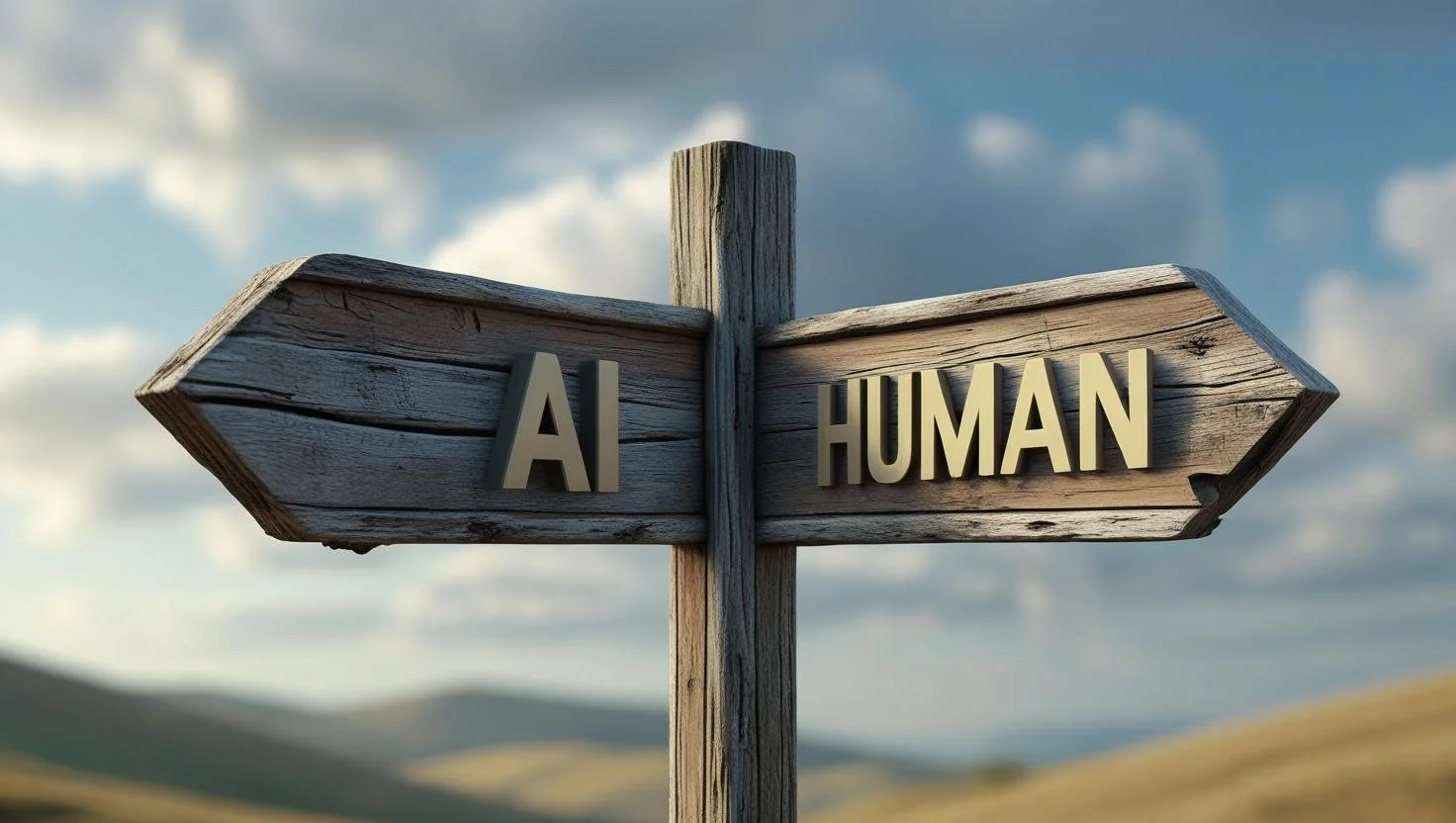[LexSoy Opinion] -Has the Age of AI Ended Entry-Level Hiring? A Glimpse Into the Silicon Valley Shift
Over the past year, the hiring slowdown in Silicon Valley has become impossible to ignore. One of the most visible impacts has been the sharp decline in entry-level hiring, especially for recent graduates in technical fields. Where once top tech companies aggressively courted new engineering graduates, today’s job market looks dramatically different.
Working in the tech industry myself, I’ve been hearing directly from professionals and job seekers alike. As AI capabilities rapidly expand, tasks that were traditionally given to junior employees are now being handled by AI tools at a fraction of the cost. Companies are no longer just experimenting—they are actively replacing entry-level roles, particularly in fields like software engineering, finance, and data analysis.
Recent data supports this shift. The unemployment rate for recent U.S. college graduates has spiked to 5.8%, with research firms noting that the sharpest job losses are in technical sectors. In fact, some companies have announced that they will no longer hire below a certain level (e.g., Level 5 software engineers with 3–7 years of experience) because lower-level tasks can now be handled by AI coding tools. One startup reportedly replaced a 75-person data team with just one skilled data scientist, thanks to automation.
This isn’t just about job loss—corporate mindsets are changing. More companies are adopting an “AI-first” approach, testing whether a task can be done by AI before considering a human hire. Some have rolled out policies explicitly encouraging automation wherever possible. Even when AI tools aren't yet perfect, the savings are tempting enough that many companies are willing to risk short-term inefficiencies.
This evolving landscape is making today’s college students anxious. Even those graduating from top-tier engineering programs are worried about post-grad employment. Many employers no longer prioritize internal training or long-term development for new hires. Instead, they look for candidates who can produce results immediately—human or not.
So how should we respond to this new reality?
For one, governments and companies alike will need to think more seriously about upskilling, transitional training, and the long-term consequences of removing early-career opportunities. Without entry-level roles, there may be no pipeline for future leadership. And for students and professionals alike, the message is clear: understanding how to work with and alongside AI is no longer optional.
AI is here, and it’s changing the job market from the bottom up. The challenge now is not just to adapt—but to ensure that as we automate, we don’t lose the human potential we’ve spent decades investing in.
© LexSoy Legal LLC. All rights reserved.
All content on this site is the property of LexSoy Legal LLC and is protected under copyright and intellectual property law.


